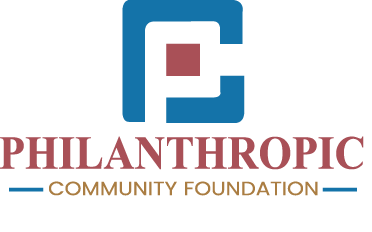Knowledge Management:
Knowledge Management: Empowering Philanthropy Through Shared Learning and Innovation
We recognize that knowledge is a critical driver of impact. Our Knowledge Management strategy is designed to capture, organize, and share insights, best practices, and resources across our network of philanthropic organizations. By fostering a culture of continuous learning and collaboration, we aim to enhance the effectiveness, innovation, and sustainability of philanthropy in Uganda and East Africa.
Strategic Objectives
- Centralize Knowledge Resources
Create a comprehensive and accessible repository of information, tools, and resources to support the work of philanthropic organizations. - Facilitate Knowledge Sharing
Promote the exchange of ideas, experiences, and best practices among members, partners, and stakeholders. - Drive Innovation and Learning
Encourage the adoption of innovative approaches and evidence-based practices to address social challenges. - Enhance Organizational Capacity
Provide tailored knowledge products and capacity-building programs to strengthen the skills and capabilities of philanthropic organizations.
Key Initiatives
To achieve these objectives, we are implementing the following initiatives:
- Knowledge Repository
- Develop a centralized digital platform to house research reports, case studies, toolkits, and other resources.
- Ensure the platform is user-friendly, searchable, and accessible to all members and partners.
- Learning and Collaboration Platforms
- Establish niche forums and communities of practice for targeted knowledge sharing and peer learning.
- Host regular webinars, workshops, and roundtables to facilitate dialogue and collaboration.
- Research and Insights
- Conduct and commission research on emerging trends, challenges, and opportunities in philanthropy.
- Share findings through reports, briefs, and interactive sessions to inform decision-making and strategy development.
- Capacity-Building Programs
- Offer on-demand training programs, toolkits, and guides tailored to the needs of philanthropic organizations.
- Provide mentorship and coaching to support the implementation of best practices.
- Knowledge Dissemination
- Leverage digital channels, including social media, newsletters, and blogs, to share insights and updates.
- Partner with media outlets and influencers to amplify the reach of knowledge products.
- Monitoring and Evaluation
- Regularly assess the impact of knowledge management initiatives to ensure they meet the needs of stakeholders.
- Use feedback to refine and improve knowledge-sharing processes and tools.
Our Vision for Knowledge Management
Through our knowledge management strategy, we envision a philanthropic ecosystem where organizations are empowered with the insights, tools, and connections they need to drive meaningful change. By fostering a culture of shared learning and innovation, we aim to elevate the practice of philanthropy and maximize its impact across Uganda and East Africa.

